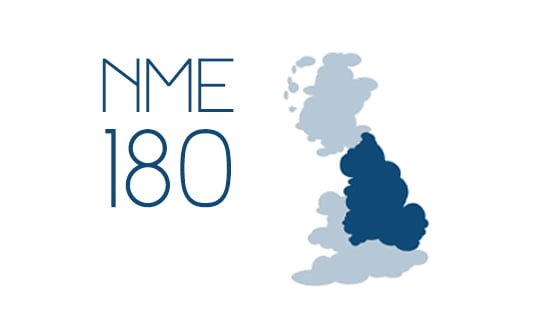Trusts in the North, Midlands and East of England could receive central funding from the Department of Health for a clinical IT system, even if they choose not to take CSC’s Lorenzo.
Last week, the DH announced a new deal with CSC covering the NME and future deployment of the electronic patient record system.
This confirmed that the DH will continue to fund trusts in the region that wish to procure and implement CSC’s EPR.
However, the position of NME trusts that decide not to take Lorenzo has been unclear.
In the South of England, trusts that didn’t get systems from Fujitsu, which left the national programme in 2008, have been offered a route to access some unspent NPfIT funds via regional procurements.
The DH now appears to be holding out the prospect of access to national capital funding mechanisms to NME trusts.
However, this may not necessarily be to the unspent elements of the £2.9 billion CSC contract – reduced from the original £3.9 billion, as the DH claims the new deal will save the NHS more than £1 billion.
As part of the latest contract, CSC received £68m for “value delivered to date” but lost its exclusive rights to be the only provider of clinical IT systems in the NME.
The announcement did not specify whether other trusts in the region would be able to access central funding if they decided to explore an alternative route to Lorenzo. The assumption was not.
But in statement to eHealth Insider, the DH said trusts wishing to take Lorenzo will be able to access central support and funding, if they can demonstrate value for money through a robust business case.
“The funding available covers the unit price for the system and the support required to implement and configure it which will vary on a trust by trust basis,” the statement said. “Therefore, it would be misleading to give specific figures.”
EHI asked if there will be central support for those trusts that do not wish to buy Lorenzo and was told: “We have given local NHS organisations the power to make their own decisions about which IT systems they use.
“The DH is considering the most appropriate mechanism through which trusts may access central funding to support these kinds of capital investments.”
This echoes May’s NHS information strategy, which said on central funding arrangements: “For those that have not been able to secure patient administration systems from the national programme capital funds will be available in the usual way for investment in IT from the DH.”
In the South of England, 21 acute trusts that did not receive systems via the national programme for IT in the NHS have set up the Southern Acute Programme in the hope of securing central financial support for clinical systems.
A key part of this programme is that local trusts lead the procurement process and will be the contract holders.
The DH said that in the case of CSC, previous contract arrangements have remained in place with the contract owned and managed centrally by the DH.
CSC told EHI that it will help trusts that want Lorenzo to create a business case.
The company is already in “dialogue” with a number of trusts and will advise them on the steps they need to take to ensure the system is deployed, a spokesman said.
Dr Zafar Chaudry, research director for healthcare at Gartner and former chief information officer at Liverpool Women’s and Alder Hey Children’s NHS Foundation Trusts, said the trusts likely to take Lorenzo are those with “financial concerns.”
He encouraged NHS organisations to make sure they have robust business cases.
“It’s still going to be a challenge and lots of hard work has to be done, but it’s good news as you can look at what’s out there in the market and if you don’t want to [procure via the market], the government is still offering you an option.
“Trusts need to challenge CSC around what functionality the system will give them.
“I’m sure they will have a road map for what is actually live and what is going live in years two, three and four. Contracting is a big issue and you need to make sure that you can hold them to account.”
CSC said that there could be additional costs in preparing an organisation for the adoption of a new system, such as internal labour costs.
However, the company has stressed that subject to a trust’s business case, there are “supplementary funds” available in the agreement to cover these.
The organisations have also confirmed that each trust that deploys Lorenzo will receive five years of ongoing service from the date of go-live; leaving the possibility that CSC will be in a contract with the DH until June 2021.
Read Joe McDonald’s view of Lorenzo in Insight.

